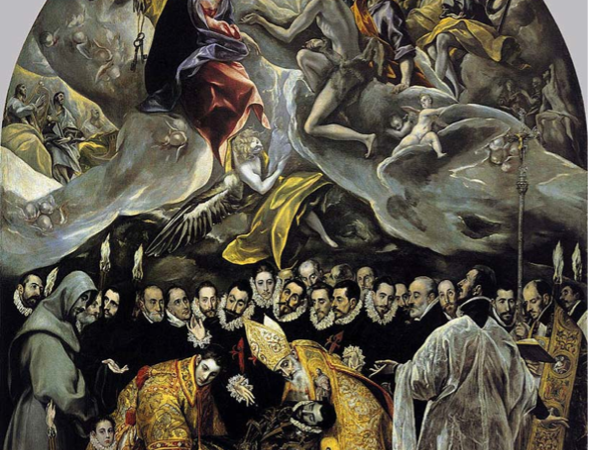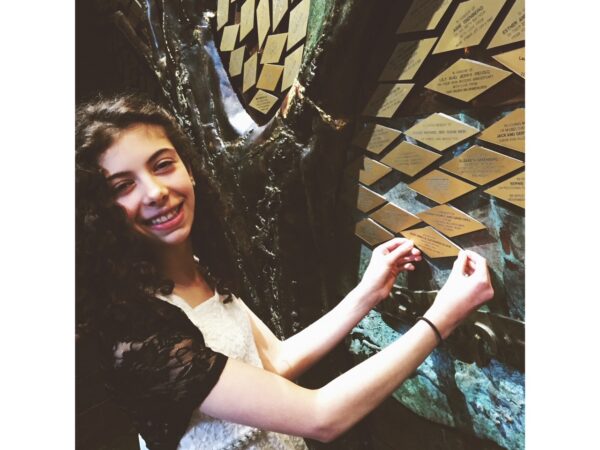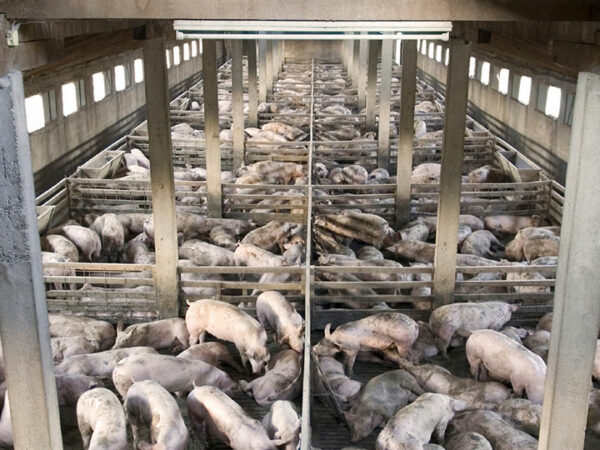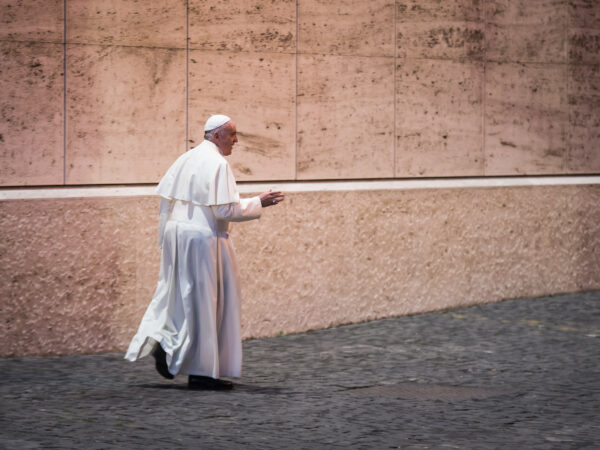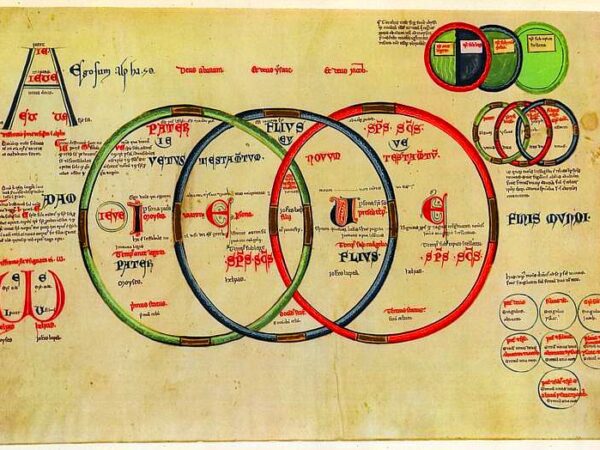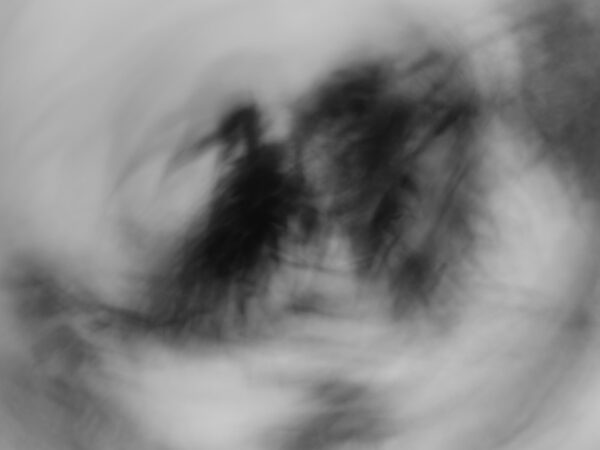
Those who commit dehumanizing acts of violence—whether through physical harm, abusive exploitation, or benign neglect—themselves become debased and subhuman, even as they sit in positions of power. Indeed, Micah puts this in sharp relief … where he depicts the corrupt “leaders and rulers” as ravenous animals who cannibalize those who the Lord has placed in their care.
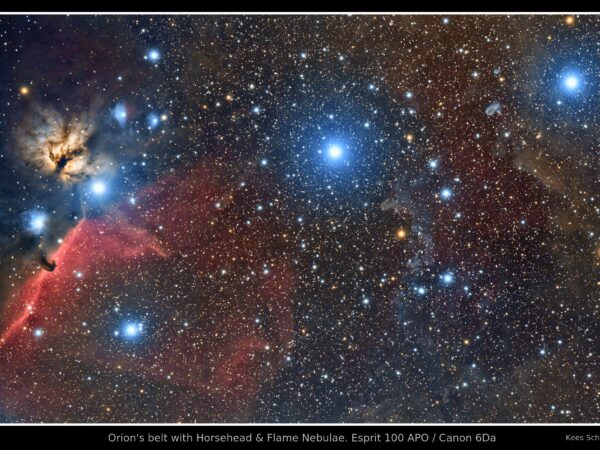
“If laws are for elders, stories are for children. And the stories that children tell are never general and abstract. They ground us in, or guide us toward, what is really important.”
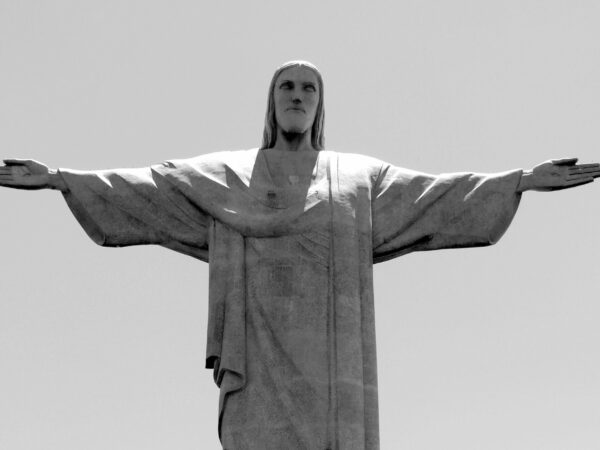
Currently, for most Brazilians, Christian commensality is an almost impractical challenge: there is no bread or wine, no communion. As Christians, we have a responsibility to ask ourselves what it means to share Christ’s table in this context, even though we still have a long way to go.

Christian nationalism is a form of superstition. It is superstitious because, instead of appealing to the God of all nations, it appeals to a culturally fabricated God for cultural privilege, power, and benefits.

